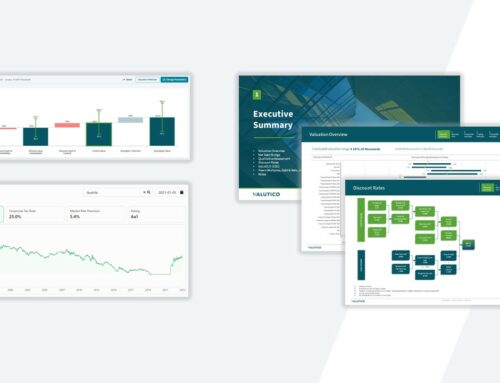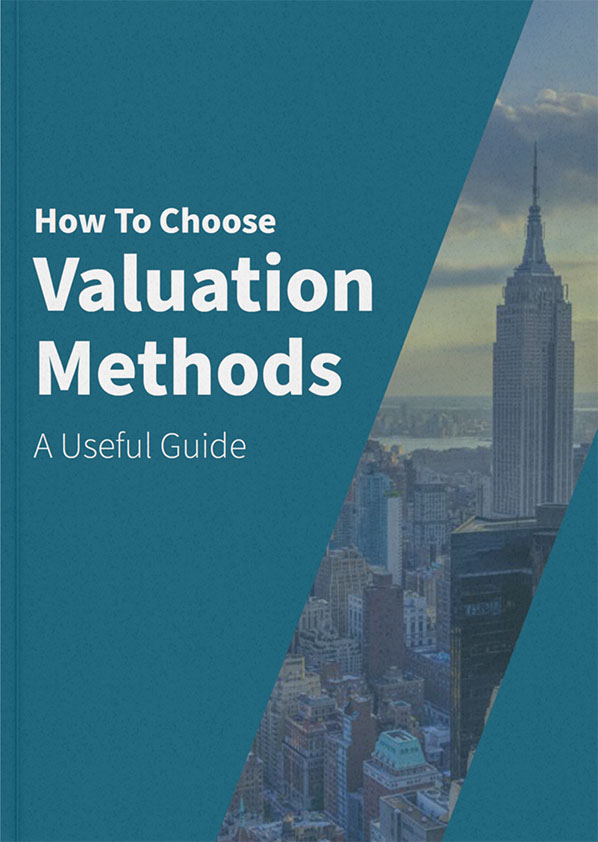Apple Inc
Weekly Valuation: Apple Inc – Valutico | 16 May 2022
- Apple shares have fallen by more than 20% since their peak in January
- The iPhone maker’s shares have already weathered several economic downturns
- Apple’s cash holdings provide a solid cushion
- Saudi Aramco overtook Apple as the world’s most valuable company
Click here to find our detailed analysis and valuation of Apple Inc.
Finally an opportunity to buy Apple at decent multiples or more downside to come?
Shares of the most valuable company in the US, Apple (NASDAQ:AAPL), have just entered a bear market, a clear signal to investors that the current slide has more room to run down.
The iPhone maker, once considered one of the safest bets in turbulent times, has lost more than 20% since its peak in early January. Apple opened at $144.59 on Monday 16 May 2022.
The Cupertino, California-based tech giant even lost its status as the world’s most valuable company during the recent sell-off. Last week, Saudi Aramco (TADAWUL:2222) traded near its highest level ever, with a market capitalisation of about USD 2.43 trillion, overtaking Apple for the first time since 2020.
How long the sell-off will last is unclear, but there is much to suggest that Apple shares will recover after this correction.
Investors view Apple as a safe haven because of its huge global market share in the smartphone market, its long-term track record of profitability and its solid balance sheet. The current market turmoil does not suggest that Apple’s lead in these areas is at risk.
Year-to-date, Apple is down about 19%, compared to a decline of more than 27% in the NASDAQ 100 index. Microsoft (NASDAQ:MSFT), the Nasdaq’s second largest company with a market capitalisation of $1.99 trillion, is down 24% this year.
Valutico Analysis
We have examined the analyst forecasts and assessed Apple fundamentally. Using the discount cash flow method (WACC: 8.5%), we have determined a value of USD 2,022 trn. In our peer analysis, we have included Apple’s largest competitors such as Samsung, Alphabet and Microsoft, but also Xiaomi, Dell and several others. Thus, we arrived at a range of USD 1.5 trn to USD 2 trn. This puts our valuation slightly below the market cap (equity value) of around USD 2.4 trn and implies that Apple is still somewhat overvalued.
Record quarterly profit
Apple is also one of the most highly profitable companies in the world. Gross margins, which were around 38% before the pandemic, have now surpassed 43%, driven by a shift in sales towards higher-end products with better margins such as the newer iPhone models with 5G.
The company last month reported revenue of $97.3 billion for the three months to 31 March. This is the most Apple has ever generated outside of the holiday season. The December quarter had proved a real sales hit, easily beating Wall Street estimates with record sales of nearly $124 billion.
Apple’s cash holdings offer another solid reason for investors to seek refuge in the current uncertain times. With the world’s largest corporate cash reserves of more than USD 200 billion, the company has enough clout to support its shares through share buybacks.
Given the stock’s solid long-term appeal, most of the 45 analysts surveyed by Investing.com recommend buying Apple shares, with their 12-month consensus target implying an upside potential of 33%.
Conclusion on Apple
It’s hard to predict when the current bear market for Apple and other mega-cap tech stocks will end. But this price weakness is a good opportunity for long-term investors to diversify their portfolios with Apple shares. While there might still be some downside considering the turbulent worldwide economy, chances are good that the stock will rebound strongly in the longer term, thanks in part to a robust share buyback plan, rebounding iPhone sales and impressive margins.








